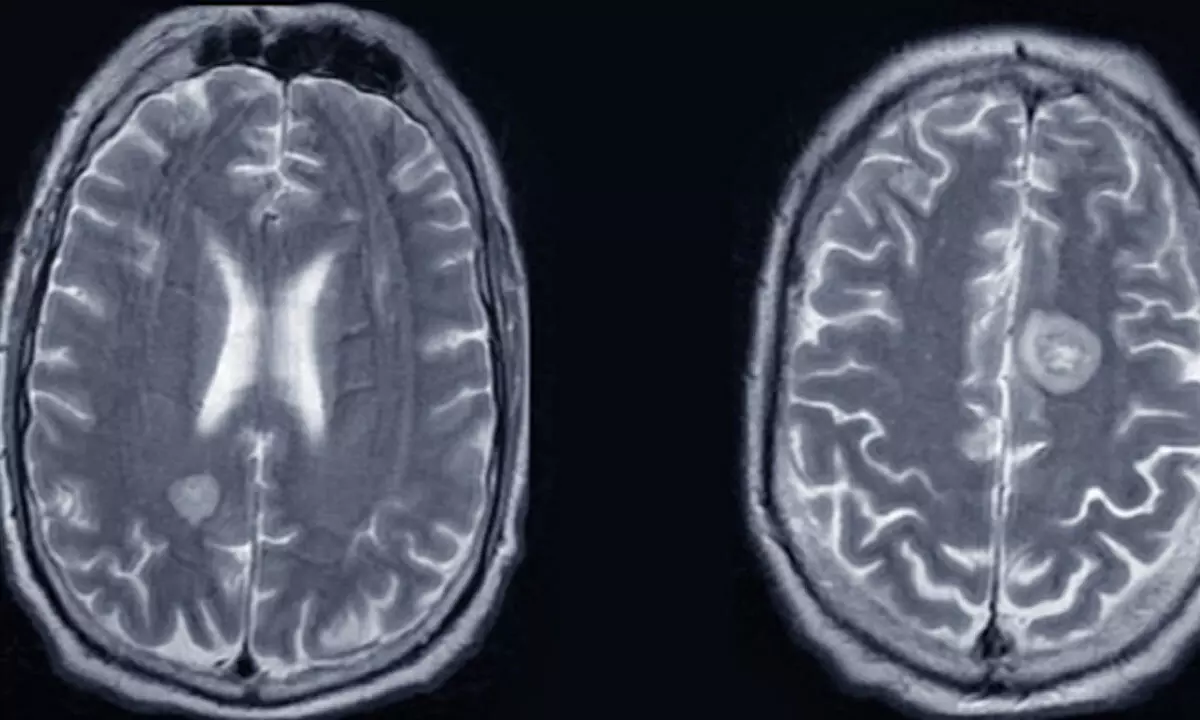US Man Suddenly Acquires An Irish Accent Due To Rare Cancer

US Man Suddenly Acquires An Irish Accent Due To Rare Cancer
- An accent that remarkably resembled an Irish brogue was abruptly acquired by a man in his 50s due to a rare form of prostate cancer
- There are just two previous examples of tumours causing foreign accent syndrome (FAS) in medical literature.
An accent that remarkably resembled an Irish brogue was abruptly acquired by a man in his 50s due to a rare form of prostate cancer, and remained with him for the remainder of his life.
There are just two previous examples of tumours causing foreign accent syndrome (FAS) in medical literature. This is the first instance specifically connected to prostate cancer. An rare speech disease called FAS can lead a person to suddenly adopt a "foreign" accent for no apparent reason, with pronunciation changing in ways that at least superficially match the cadence of a different dialect or language.
The syndrome is most frequently linked to traumatic brain injuries or strokes. For instance, the most well-known incident involved a Norwegian woman who was hurt in the head in 1941 while Oslo was being bombed. She spoke with what seemed like a German accent a few months later.
Meanwhile, similar to this, a 50-year-old Italian woman with a brain tumour started speaking with a new rhythm and melody. Despite the attention paid to accounts of individuals who unpredictably acquire distinctive foreign accents, the majority of FAS cases include generalised alterations to speech production that are difficult to directly link to any single geographic area.
Furthermore, the uncommon instance of a vocal alteration that closely mimics an identifiable accent is the recent case of the US man who was just diagnosed with prostate cancer. He had reportedly never gone to Ireland and was not of Irish ancestry. However, he only started speaking with a southern Irish twang 20 months after receiving a diagnosis of metastatic hormone-sensitive prostate cancer.
Next Story














